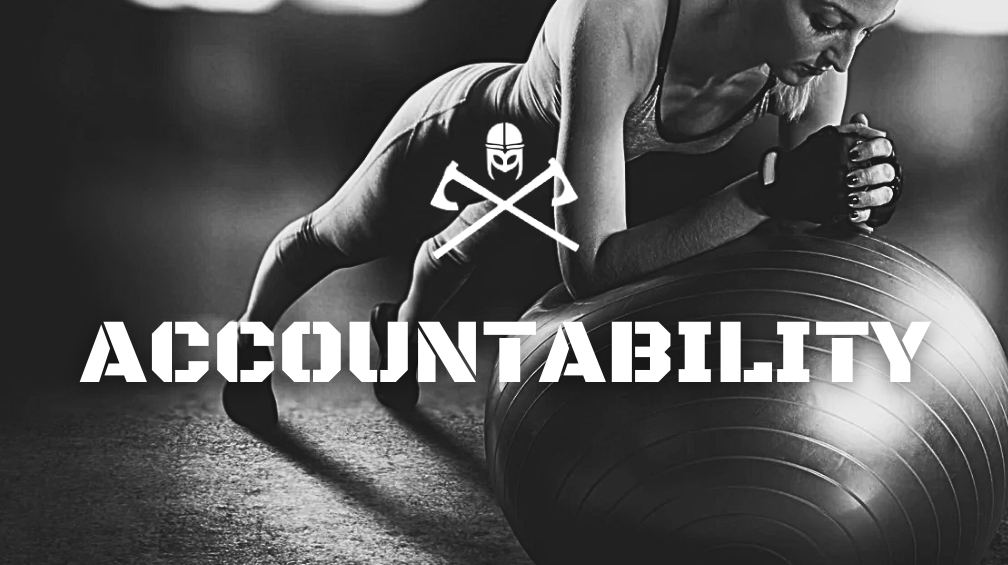There’s a moment in every fighter’s journey when they step into the ring alone. The crowd fades. The coach’s voice is a distant echo. The opponent in front of them is real, but the real battle? It’s within.
That moment, the split second before the first strike, is where accountability lives. No one can throw your punches for you. No one can force you to move your feet. It’s you, and only you.
But here’s the truth: No warrior walks the path alone. Whether you’re a martial artist, an entrepreneur, or someone striving for personal growth, accountability is the unseen force that keeps you sharp, disciplined, and evolving.
Self-Management: Becoming Your Own Coach
Self-accountability starts in the dark, when no one is watching, when the comfort of excuses calls your name, when the easy road tempts you to veer off course.
So how do you stay on track?
- Set Clear Expectations – Like a kata in Karate, your goals need structure. Instead of vague aspirations, define your path with precision. “I want to train harder” becomes “I will hit the dojo five days a week and log my progress.”
- Track Your Progress – Whether it’s a notebook, an app, or a whiteboard in your gym, writing things down makes you accountable to yourself. When you see the numbers, the reps, and the effort laid out, excuses lose their power.
- Embrace Discipline Over Motivation – Motivation is fleeting. Discipline is built. The best warriors don’t wait to feel inspired—they train because it’s who they are. They lace up their gloves whether they feel like it or not.
- Face the Hard Truths – Self-awareness is brutal but necessary. If you skip a training session, own it. If you make excuses, call yourself out. Growth comes from honesty.
But even the strongest self-discipline has limits. That’s why every warrior needs a coach.
Who Coaches You? The Role of a Mentor in Accountability
Even the best fighters have a coach in their corner. But a coach isn’t just someone who yells at you to train harder, they see what you can’t, push you beyond your limits, and call you out when you’re slacking.
A great coach:
- Challenges you without breaking you.
- Sees your blind spots and forces you to confront them.
- Holds you accountable when your mind starts making excuses.
- Offers wisdom gained through experience.
Your coach might be a martial arts instructor, a business mentor, or even a mindset coach. The key? Find someone who demands your best, not someone who makes you comfortable.
Finding a Coach or an Accountability Partner
Not everyone needs a formal coach. Sometimes, an accountability partner, a training partner, a friend, or a mastermind group—can serve the same purpose.
Here’s how to find the right person:
- Look for someone who has what you want – If they’ve already achieved what you’re chasing, they understand the path.
- Seek brutal honesty – A good accountability partner doesn’t just encourage you; they call you out when you slip.
- Set clear expectations – “Let’s hold each other accountable” is vague. “We check in every Friday and review progress” is specific.
The Warrior’s Code of Accountability
Accountability isn’t about guilt or punishment. It’s about discipline, growth, and commitment to the path. A warrior doesn’t make excuses, they find solutions. A warrior doesn’t hide from failure, they learn from it.
So, ask yourself:
- How well do you self-manage?
- Who holds you accountable?
- What’s your next step in finding a coach or partner?
Because at the end of the day, no one will fight your battles for you. But the right accountability, whether from within or from a coach, will make sure you never step into the ring unprepared.
Now, are you ready to level up?

